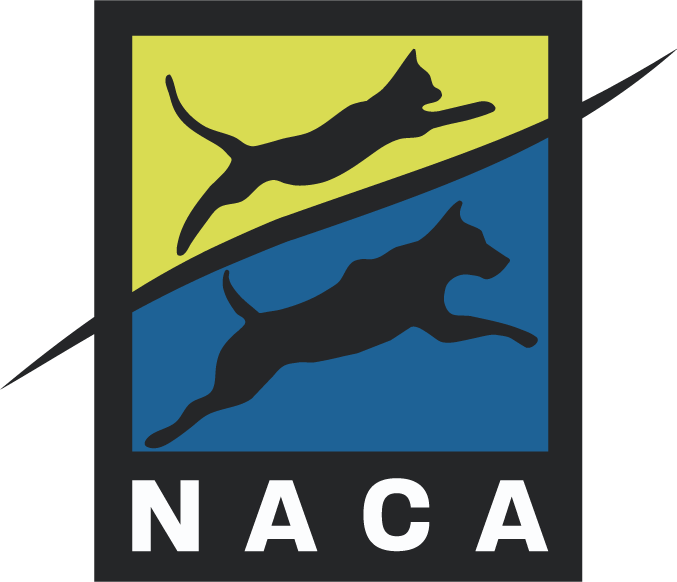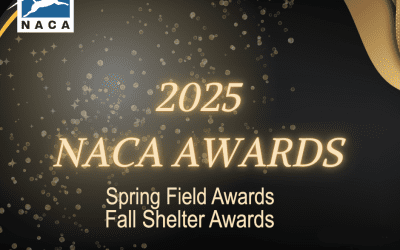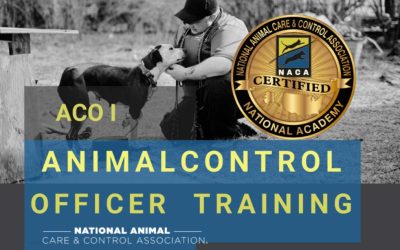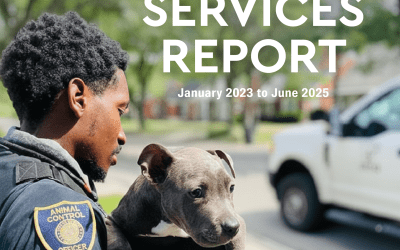Animal Control Officers Should Be Considered First Responders
The National Animal Care & Control Association (NACA) believes all animal field services professionals (animal control, animal protection, etc.), should be considered and treated as first responders. The Department of Homeland Security and Emergency Management Systems define first responders as “individuals who in the early stages of an incident are responsible for the protection and preservation of life, property, evidence, and the environment”. Animal control officers and other animal field services professionals meet this definition.
The very core of the work of an animal control officer is deeply rooted in community engagement, public safety and the welfare of non-human animals. Historically, animal control officers were on the frontline of protecting communities and addressing public health concerns such as preventing the spread of the rabies virus. Their early role has now been dramatically expanded to include providing community support and outreach, investigating animal cruelty and neglect, and saving animals who are in immediate danger. Additionally, they work alongside other first responders such as law enforcement, EMTs, and firefighters on a regular basis during weather emergencies, natural disasters, and other catastrophic events.
Communities and local municipal agencies should view and support their animal control officers at the same level as other first responders. Additionally, communities and local government agencies should provide on-going training, equipment, and resources necessary to support the work of their animal control officers working at the frontline of their community.
Homeland Security Act of 2002. (2019, May 28). Retrieved December 06, 2020, from https://www.dhs.gov/homeland-security-act-200




